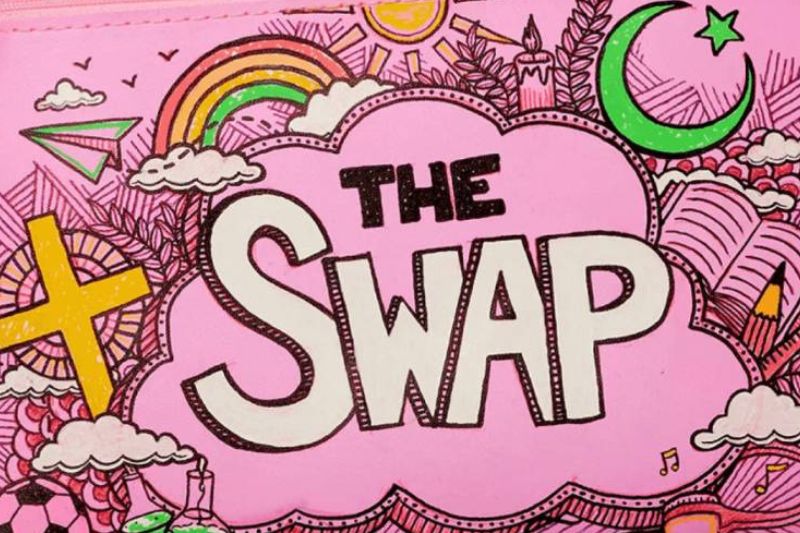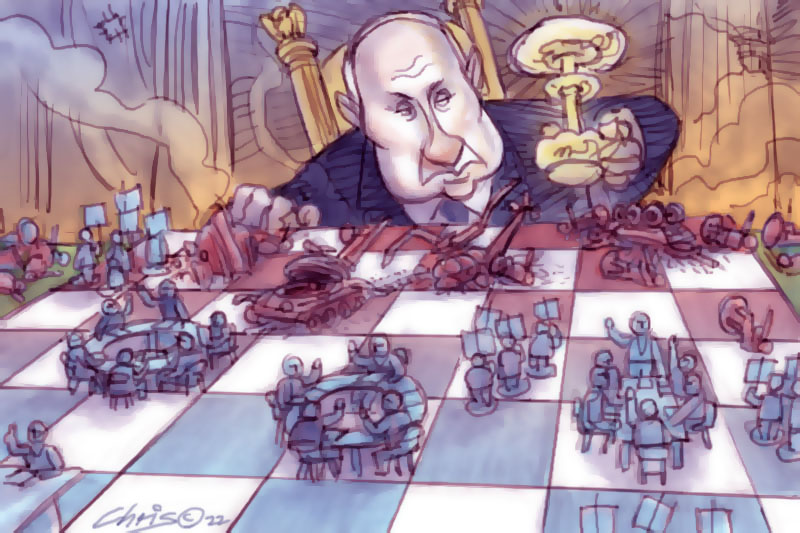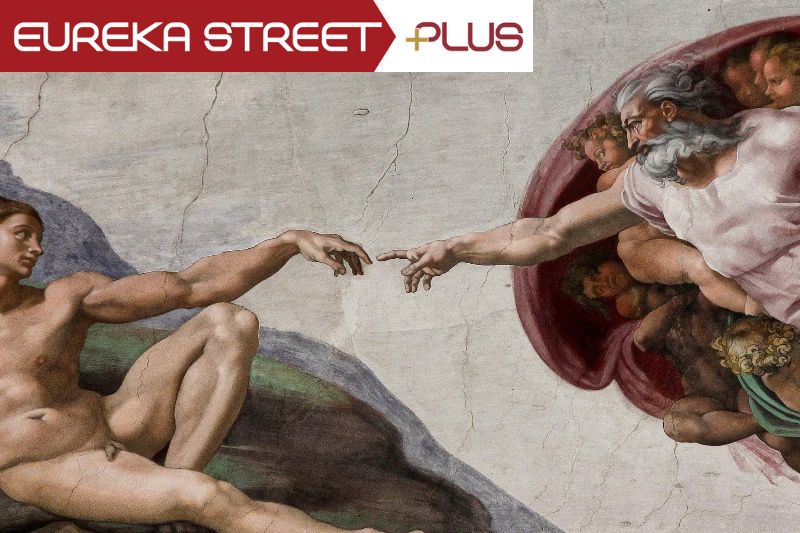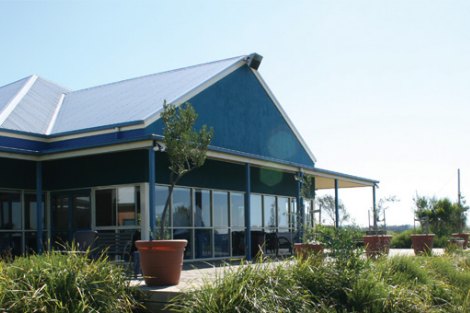Keywords: Trinity College
-

ARTS AND CULTURE
- John D’Arcy May
- 08 June 2023
3 Comments
The Swap unfolds as a captivating documentary series and a remarkable ecumenical experiment. With Muslim, Catholic, and state school students at its center, the series illuminates the transformative power of acceptance and understanding through the lens of interfaith dialogue, leading the viewer to wonder: how might interfaith dialogue better shape our collective journey?
READ MORE
-

INTERNATIONAL
- John D’Arcy May
- 28 September 2022
3 Comments
What can the pacifist do when confronted with naked tyranny? With Putin’s invasion of Ukraine, pacifists are faced with the dilemma of either helping Ukrainians defend themselves ― and what spirit and courage they have shown, led by their unlikely president ― or letting Putin have his way. If diplomacy stood a chance, it would be the alternative option for pacifists; but does it?
READ MORE 
-

RELIGION
- Michele Frankeni
- 14 June 2022
2 Comments
On social media, business cards and the bottom of emails nowadays you will often find a bracket with people’s preferred pronouns (he/him or she/her or they/them). Without fanfare, gender neutrality has slipped into our 21st century speech and our unconscious, and it is only when we are confronted with the gender specific language that we realise how we’ve changed.
READ MORE 
-

ARTS AND CULTURE
He enters a university library at thirty-five feeling like an imposter, rougher-hewn from suffering than most students, wrapped in an aura he thinks religious pilgrims experience shuffling along echoing naves of Gothic cathedrals, sombre, joyous.
READ MORE 
-

RELIGION
As the responses poured in to the ABC’s story on domestic violence in evangelical churches, I was reminded of the discomfort Saint Augustine showed, in The Confessions, towards his father beating his mother. But he still praised his mother for placating her husband to avoid beatings, and for criticising wives who were beaten. Augustine, then, while possibly opposing domestic violence, had no idea what to do about it, and endorsed behaviour that made it worse.
READ MORE 
-

RELIGION
- Frank Brennan
- 02 May 2016
2 Comments
READ MORE
-

- Frank Brennan
- 06 August 2015
3 Comments
Pope Francis is not the first pope to address a social encyclical to everyone. But in comparison with his predecessors, Francis has been more inclusive in the process of writing the encyclical and in the final content of the document. He quotes from 17 different conferences of Catholic bishops. He is at pains to indicate that he is collaborative and that he takes the principle of subsidiarity very seriously. Being the final redactor of the text, he has felt free to interpolate some very folksy advice from time to time. He has also taken the liberty of inserting some very blunt, evocative images of environmental and economic devastation.
READ MORE
-

RELIGION
- Lawrence Cross
- 21 January 2015
30 Comments
Israel is demanding to be recognised as a Jewish state. The corollary is that they have an interest in getting Christians out. On the Palestinian side, the Islamic influence has been intensifying for decades. Fundamentalism creates the perfect audience for the disinformation and propaganda that masks the slaughter of some of the world's oldest Christian groups.
READ MORE 
-

RELIGION
- Andrew McGowan
- 01 May 2014
29 Comments
In April the Victorian Court of Appeal upheld an earlier ruling that a youth camp run by the Christian Brethren had discriminated illegally against same-sex attracted persons by refusing a booking from a community health service for an event for young gay and lesbian people. This is not an isolated case. It is sobering that churches often seem to need the courts to give them lessons, if not about sex, then about hospitality and fairness.
READ MORE 
-

AUSTRALIA
- Tony Kevin
- 08 November 2013
23 Comments
The Coalition's impending destruction of the Australian car industry by calculated public stalling of decisions on government assistance is shaping up as its most disastrous high-visibility policy blunder. This industry — but none other — is to be wilfully abandoned as a victim of rigid free-market economic ideologies. It does not make sense, in economic, social or national security terms. This is Australia's version of US Tea Party budget brinkmanship.
READ MORE 
-

AUSTRALIA
- Frank Brennan
- 07 September 2013
12 Comments
How clever of you to choose the day of the federal election for me to offer these reflections. I come amongst you, not as a publisher or journalist but as an advocate in the public square animated by my own religious tradition as a Jesuit and Catholic priest engaged on human rights issues in a robustly pluralistic democratic society.
READ MORE
-

AUSTRALIA
- Frank Brennan
- 13 August 2013
1 Comment
'Like many Australians, I had hoped that the dastardly plan announced on 19 July would stop the boats in the short term, as a stop-gap measure. It is dismaying to learn that appropriate consultations had not occurred with Indonesia with the result that the very people who were to receive the shock and awe message are yet to receive it. There’s only one thing worse than shock and awe; that’s shock and awe that doesn’t work because you haven’t done your homework.' 43rd Barry Marshall Memorial Lecture, Trinity College Theological School, 14 August 2013.
READ MORE